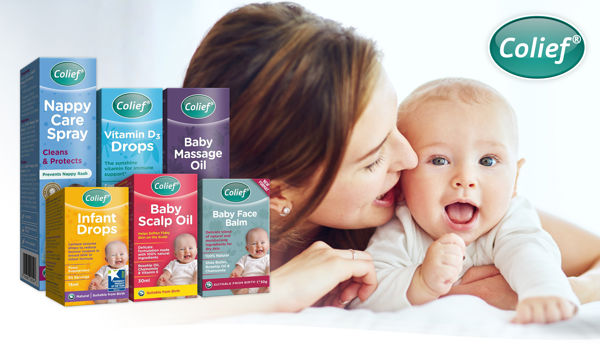Jennifer Gobrecht was 17 when doctors told her she was unable to carry her own child. Now, however, she has successfully delivered her newborn baby son thanks to a new procedure which enabled her to have a transplanted uterus from a deceased donor, this procedure allowing her to give birth to only the second child ever born from such a uterus.
Now 33, Ms Gobtrecht had been born with a condition called Mayer-Rokitanksy-Küster-Hauser Syndrome, a condition which means when she was born, she had ovaries, however no uterus. Describing the experience, she said “we were beyond lucky” having been the first patient in a trial at Penn Medicine, Philadelphia, which aimed to help five women, like Jennifer, who would otherwise have been unable to carry their own children. In 2017, Jennifer and her husband had been exploring the possibility of frozen embryo implantation with a surrogate, soon after which she was selected for the trial.
Uterine transplantation from a deceased donor is a reasonably new medical frontier, with only one other mother having successfully given birth using a deceased donor’s uterus before Jennifer, which was in Brazil in summer 2019. The procedure is considered similarly new even when the donor is living, with only 70 transplants of the type having happened globally, and doctors believe this will become an effective alternative for those affected by a condition called uterine factor infertility. This condition means the woman has either been born without a uterus, had it removed, or it has been damaged, and it currently affects around 5% of reproductive-age women.
In the words of Dr Kathleen O’Neill, who helped run the trial and is an assistant professor of obstetrics and gynaecology at the University of Pensylvania, “For women with uterine factor infertility, uterus transplantation is potentially a new path to parenthood - outside of adoption and use of a gestational carrier - and it’s the only option which allows these women to carry and deliver their babies”.


